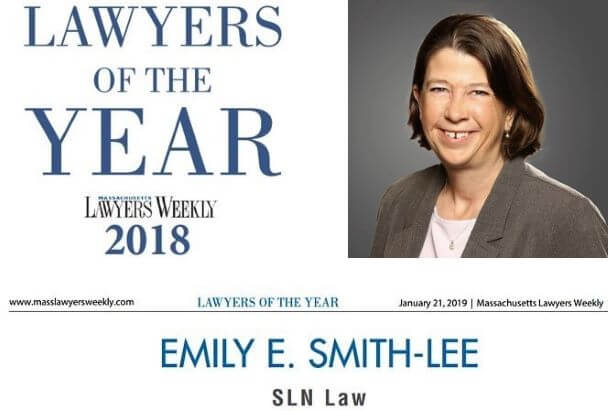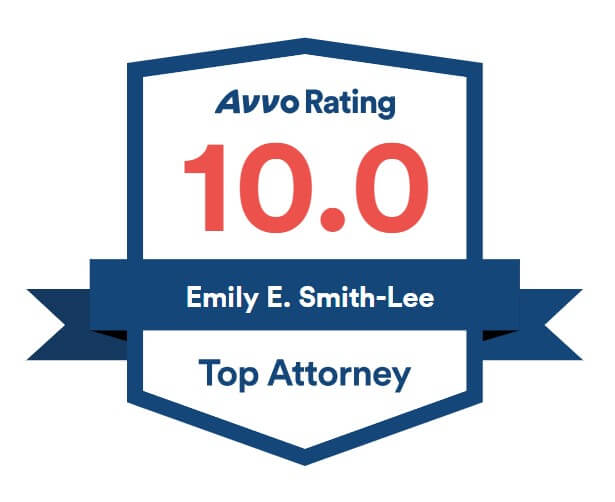Case Studies in Massachusetts Unemployment
Click to set custom
|
We have helped many clients obtain unemployment benefits after their employers contested their benefits. This includes situations where the employer claimed that the employee voluntarily quit. It also includes cases where employers claimed the termination was for a disqualifying cause.
Unemployment Benefits After Voluntary ResignationGenerally, if you leave your job voluntarily you cannot collect unemployment. There are exceptions, however, where circumstances essentially force you to resign.
We worked with an employee who resigned because the employer failed to pay him as promised. We were able to demonstrate to the DUA that the actions of the employer in not paying the agreed amounts compelled him to resign. He was able to collect benefits. Another client felt she had no choice but to quit her job after continued harassment by her coworkers began to cause serious emotional symptoms. We were able to prove to the DUA that the workplace conditions created an urgent need to quit that were attributable to the employer. She was able to collect benefits. Unemployment Benefits When Fired for a Policy ViolationWe have represented clients whose employers challenged their benefits claiming the employees had been fired for violating company policy. The clients were initially denied benefits and requested hearings.
One client was terminated for using his cell phone while on the job. This client had to check in electronically to monitor certain things that were his responsibility, and often had to sit in his truck to do this. The employer claimed this violated both their cell phone policy and break time policies. Ultimately we were able to show that these were not clear and uniformly enforced policies, and he was able to collect benefits. Another client suffered a physical disability and had authorization to park in the designated handicap spaces at work. One day when she was trying to exit the parking lot, another vehicle was blocking hers. She got out to speak with the driver, and a verbal altercation ensued. Her employer then fired her for engaging in "inappropriate conduct" in connection with the dispute in the parking lot. She was denied unemployment benefits and appealed. We were able to demonstrate that she did not violate any reasonable and uniformly enforced policy of the employer, and she was able to collect benefits. |
We're Here to Help.OR
|
Questions About Your Unemployment Benefits?
Our Solutions Roadmap is a quick and easy way to share the details of what you are facing and receive preliminary feedback from a member of our team. Use the button below to get started- it is 100% confidential and 100% free.
Unemployment Benefits for Misclassified Independent Contractors
If you are truly an independent contractor rather than an employee, you will not be eligible to collect unemployment benefits. Many times, however, what is called an independent contractor relationship does not meet the requirements of Massachusetts law. In that case, you may be eligible to collect in spite of your classification.
We represented an attorney who was considered a non equity partner in her law firm and was denied benefits after being laid off. Upon careful review of the legal requirements for independent contractors, we were able to put on evidence that she should have been considered an employee, and obtain compensation for her.
We represented an attorney who was considered a non equity partner in her law firm and was denied benefits after being laid off. Upon careful review of the legal requirements for independent contractors, we were able to put on evidence that she should have been considered an employee, and obtain compensation for her.
Meet Our Unemployment Lawyers

Emily Smith-Lee is the owner and founder of slnlaw. She is a 1996 graduate of Boston College Law School. She was previously a partner at the Boston office of a large international firm, where she worked for thirteen years before starting the firm that became slnlaw in 2009. She has been recognized as a Massachusetts Superlawyer each year since 2013, and in 2018 earned recognition as one of Massachusetts Lawyers Weekly's Lawyers of the Year. She has written a book on employment law: Rules of the Road, What You Need to Know About Employment Laws in Massachusetts, and helped thousands of clients on both the employee and employer side with issues relating to wage and hour laws, including overtime pay, late or unpaid wages or commissions, employee misclassification, and retaliation against employees asserting rights under the wage and hour laws.

Rebecca Rogers: Rebecca is a 2006 graduate of Boston College Law School, and has worked with slnlaw since 2013. She previously worked as an intellectual property litigation attorney for Fish & Richardson in Boston, Massachusetts, and clerked for the Massachusetts Supreme Judicial Court. Rebecca has helped clients with wage and hour disputes, including employee misclassification, late or unpaid wages or commissions, retaliation under the Wage Act, and advice to both employees and employers about wage and hour law compliance.

Jenna Ordway: Jenna is a 2013 graduate of Quinnipiac Law School, and also earned an LLM in Taxation from Boston University in 2015. She has been affiliated with slnlaw since 2011, first as a law clerk and then as an attorney. Jenna has been recognized since 2019 as a "Rising Star" by Massachusetts Superlawyers. Jenna has helped clients assess their rights under the wage and hour laws, including employee misclassification, untimely payment of final wages, late or unpaid commissions, retaliation, and advice to small business owners about wage and hour law compliance.

Elijah Bresley: Eli is a 2014 graduate of Seton Hall Law school, and has worked with slnlaw since 2020. He previously worked for a boutique employment law firm outside of Boston, and then for the Labor and Employment department of a large Boston firm. He also spent a year clerking for the judges of the Superior Court in Hartford, Connecticut. Eli has helped clients with unemployment appeals, wage and hour claims, including late or unpaid commissions, retaliation, employee misclassification, and overtime, and litigated these claims in state and federal courts. He also advises employers about employment policies and wage and hour compliance.

Sharleen Tinnin: Sharleen is a 2010 graduate of Northeastern University School of Law, and has been with slnlaw since 2023. Prior to joining slnlaw, she worked with King, Tilden, McEttrick & Brink, P.C. on complex civil litigation matters. She previously worked for the United States Department of Justice, and received an "Excellence in Justice" award in 2017. Sharleen has helped clients with multiple unemployment appeals, wage and hour issues, including retaliation, misclassification, and late or unpaid wages or commissions, and litigated these claims in state and federal courts.
|
Emily Smith-Lee Rated by Super Lawyers loading ... |
Jenna Ordway
Rated by Super Lawyers loading ... |


